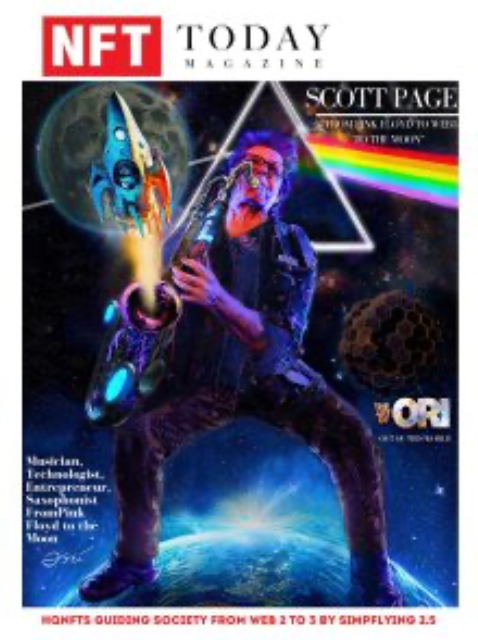Dark PR: How Tech, Soda, and Influencers Hijacked the SNAP Debate
Staff Writer • 2025-03-23
In the age of TikTok takes and algorithmically-boosted outrage, one company quietly proved just how influenceable we really are. Over the course of just 48 hours, the internet was flooded with strangely synchronized posts from popular right-wing influencers defending America’s right to drink soda with food stamps. The timing was suspect. The message was repetitive. And the coordination? Almost flawless. It wasn’t grassroots patriotism. It was a playbook—crafted behind the scenes by a little-known tech PR firm using what’s now being dubbed “dark PR”: influence campaigns cloaked in authenticity, powered by money, and optimized for virality. The Players: Big Soda Meets Big Influence The campaign was orchestrated by a firm called Influenceable, a marketing startup that brands itself as the Uber of social clout—matching corporations with ideologically aligned content creators. Their latest client? The soft drink lobby, who were on high alert as several state legislators moved to restrict soda purchases via SNAP (food stamps). The mission was simple: reframe a public health issue into a freedom issue. Make soda consumption patriotic. And do it without anyone knowing it was a paid operation. The posts came fast and furious. “This isn’t conservatism,” declared one influencer. “Even Trump had a Diet Coke button,” said another. “What’s next—banning bacon?” asked a third. None of them disclosed they were being paid. But their messages were nearly identical, right down to the phrasing. Dark PR in Action Unlike traditional advertising or even influencer marketing, dark PR doesn’t look like PR at all. It looks like opinions. Tweets. Memes. Angry rants in pickup trucks. But behind the curtain are PowerPoint decks, carefully tested talking points, and six-figure payouts. Influenceable’s leaked campaign memo revealed suggested scripts, emoji placements, and even emotional triggers. The firm coached influencers to invoke personal freedom, government overreach, and Trump nostalgia—knowing these notes would resonate with their audiences. The results were staggering. The internet exploded with chatter about a so-called “soda ban,” even though no such ban existed. What started as a quiet bill in Missouri turned into a full-blown cultural skirmish, with millions misled by posts they thought were genuine. Welcome to the Weaponization of Trust The genius of dark PR lies in its ability to exploit the intimacy of social media. We trust influencers because they feel real. They’re not brands. They’re “just like us.” When they post something emotional, it doesn’t feel like manipulation. It feels like truth. But that truth is often for sale. In this case, the influencers—some with MAGA in their bios—were tapped not because of their expertise, but because of their algorithmic reach and ideological alignment. They were seen as assets in a persuasion war, not people with opinions. This is the new face of lobbying: decentralized, disguised, and dangerously effective. What Comes Next The fallout has been swift. Some influencers deleted posts. Others doubled down. None disclosed payment until they were outed. Meanwhile, Influenceable has gone radio silent, locking down its dashboard and refusing press inquiries. But the real damage isn’t reputational—it’s systemic. The soda campaign wasn’t a one-off. It was a proof of concept for how to manipulate public sentiment without ever touching traditional media. And if this is what dark PR can do for soda, imagine what it can do for elections, wars, or global health.
See More Posts
A look at how NFTS, Web 3, Gaming, Cryptocurrencies and Blockchain are reshaping businesses across the globe.
@NFT Today Magazine


